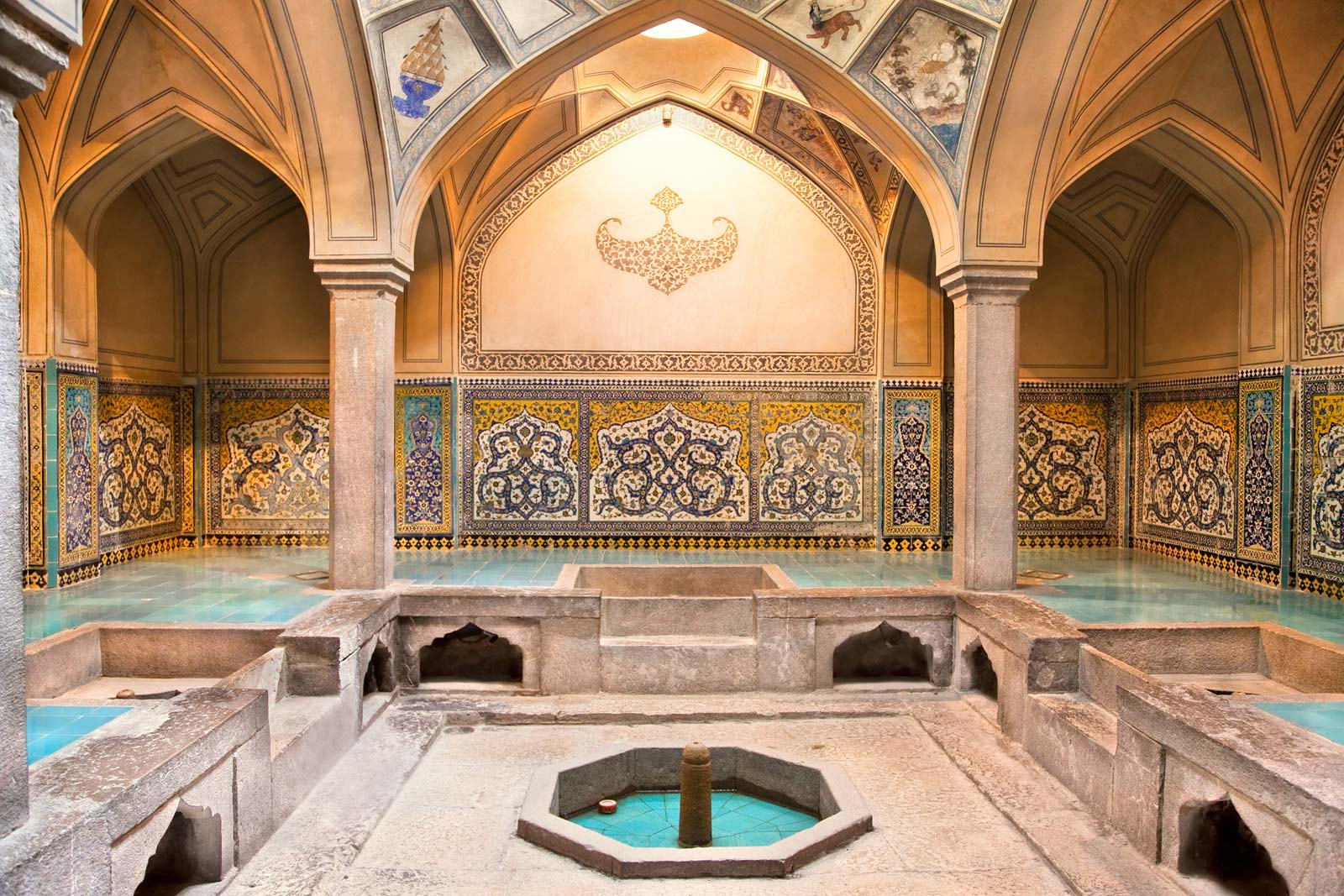Some people question: Why does Islam order a person in the state of ‘janabat’ to wash his entire body whereas it is only a particular organ that becomes unclean? Is there a difference between urinal emission and seminal discharge so as to necessitate the washing of only the organ, in the former, but the entire body, in the latter?
There are two answers to this question - one brief and the other comprehensive.
The brief answer is that the discharge of semen from the human body is not an act that is restricted to just one part of the body (unlike urine and other body wastes), a claim which is substantiated by the fact that the effect of the discharge becomes manifest on the entire body. Subsequent to a discharge, all the cells of the body slip into a characteristic lethargy; which is an indication of its effect on all the parts of the body.
Explanation
Studies conducted by scientists reveal that within the human body there exist two vegetative nervous networks, which control and regulate all the activities of the body. These two nervous networks - the sympathetic nerves and the parasympathetic nerves - are spread out throughout the body and around all the internal and external systems and tracts.
The function of the sympathetic nerves is to accelerate and stimulate the activities of the various tracts of the body, whereas the parasympathetic nerves function to decelerate and diminish them. In effect, one plays the role of the accelerator of an automobile while the other plays the role of the brakes; with a balanced functioning of these two sets of nerves, the systems of the body work in a balanced and normal manner.
At times, certain occurrences in the body disrupt this balance and equilibrium - one of these being the issue of ‘orgasm’, which is usually contemporaneous with a seminal discharge.
In such cases, the parasympathetic nerves (the decelerating nerves) tend to take a lead over the sympathetic nerves and consequently disrupt the equilibrium, negatively.
It has also been established that amongst the things that could force the sympathetic nerves into activity and re-establish the lost equilibrium is contact of water with the body, and since the effect of orgasm is noticeably felt on all parts of the body and the equilibrium existing between these two sets of nerves is disrupted all over the body, hence it has been ordered that after sexual intercourse or seminal discharge the entire body should be washed with water so that as a result of its regenerative effect, equilibrium is once again established between these two sets of nerves all over the body.
Of course, the benefits of ghusl are not just confined to the above for, in addition to this, it is also a form of worship whose ethical influence cannot be denied. It is for this reason that if the body is washed without the intention of seeking His pleasure and in compliance with His orders, the ghusl would be deemed to be incorrect. In reality, seminal discharge or sexual intercourse tends to affect the soul as well as the body - the soul gets drawn towards material pleasures, while the body is overcome by listlessness and stagnation.
The ghusl of janabat,6 which is a washing of the body and also of the soul (due to its being performed in compliance with Allah’s orders and with the intention of seeking His pleasure), exercises a two-fold effect upon the soul and the body - leading the soul towards Allah and spirituality while at the same time leading the body towards cleanliness, liveliness and activity.
In addition to the above, the obligation of the ghusl of janabat is an Islamic compulsion for maintaining cleanliness of the body and observance of hygiene throughout the life. There are numerous individuals, who are neglectful of their cleanliness and hygiene, but this Islamic ruling forces them to wash themselves at regular intervals and keep themselves clean. This is not specific to the people of the past eras, for even in our times there are numerous such individuals, who, for various reasons, tend to be neglectful of their cleanliness and hygiene (however, this is a general and universal rule, which includes even one who has recently washed his body).
The abovementioned three aspects clearly illustrate why the ghusl ought to be performed and the entire body washed after a seminal discharge (sleeping or awake) and similarly, after sexual intercourse (even if not accompanied by a seminal discharge.
Source:
180 Questions Enquiries About Islam
[Volume One: The Practical Laws, P: 17-19].
Ayatullah al-`Uzma al-Hajj ash-Shaykh Nasir Makarim Shirazi
The Islamic Education Board of the World Federation of Khoja Shia Ithna-Asheri Muslim Communities.

